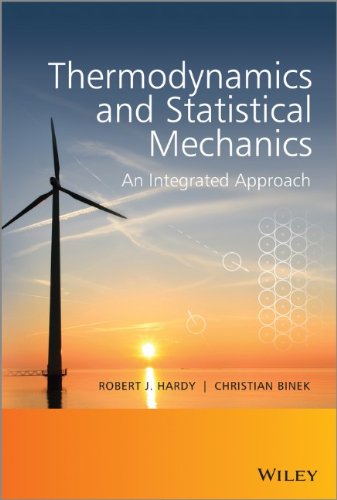

Most ebook files are in PDF format, so you can easily read them using various software such as Foxit Reader or directly on the Google Chrome browser.
Some ebook files are released by publishers in other formats such as .awz, .mobi, .epub, .fb2, etc. You may need to install specific software to read these formats on mobile/PC, such as Calibre.
Please read the tutorial at this link: https://ebookbell.com/faq
We offer FREE conversion to the popular formats you request; however, this may take some time. Therefore, right after payment, please email us, and we will try to provide the service as quickly as possible.
For some exceptional file formats or broken links (if any), please refrain from opening any disputes. Instead, email us first, and we will try to assist within a maximum of 6 hours.
EbookBell Team

5.0
48 reviewsThis textbook brings together the fundamentals of the macroscopic and microscopic aspects of thermal physics by presenting thermodynamics and statistical mechanics as complementary theories based on small numbers of postulates. The book is designed to give the instructor flexibility in structuring courses for advanced undergraduates and/or beginning graduate students and is written on the principle that a good text should also be a good reference.
The presentation of thermodynamics follows the logic of Clausius and Kelvin while relating the concepts involved to familiar phenomena and the modern student's knowledge of the atomic nature of matter. Another unique aspect of the book is the treatment of the mathematics involved. The essential mathematical concepts are briefly reviewed before using them, and the similarity of the mathematics to that employed in other fields of physics is emphasized.
The text gives in depth treatments of low density gases, harmonic solids, magnetic and dielectric materials, phase transitions, and the concept of entropy. The microcanonical, canonical, and grand canonical ensembles of statistical mechanics are derived and used as the starting point for the analysis of fluctuations, blackbody radiation, the Maxwell distribution, Fermi-Dirac statistics, Bose-Einstein condensation, and the statistical basis of computer simulations.